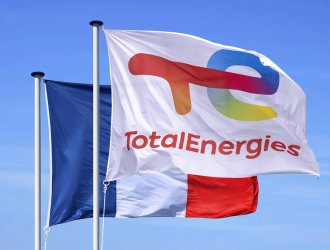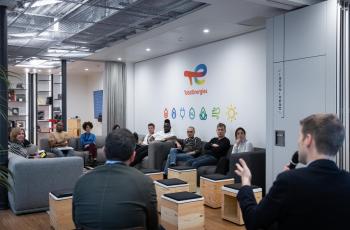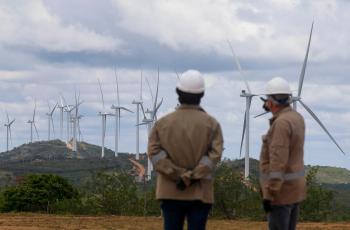Energy is at the heart of one of the great challenges of the 21st century: saving our planet from the threat of climate change while enabling the majority of mankind to escape from poverty.
It is not enough to decarbonize energy. It is also necessary to meet the growing energy needs of a rising global population in a responsible way. That is the dual challenge for energy.
Today, around 4.5 billion people(1) have a level of access to energy below what is considered necessary to enable satisfactory human development. 2.3 billion people worldwide do not have access to clean energy, notably for cooking(2).
In 2050, there will be close to 10 billion people in the world. This demographic growth, and the improvement in living standards of the poorest populations, will require energy that is reliable, affordable, clean and accessible to as many people as possible.
Supplying energy means meeting essential needs.
TotalEnergies is seeking to meet the challenge of the 21st century by pursuing its multi-energy strategy, while continuing to supply its customers with the energies they need, both today and in the future.
By 2030, TotalEnergies aims to:
- Develop a gross capacity of 100 GW of installed renewable power generation(3)
- Have a net electricity production of more than 100 TWh, based on around 70% renewables and 30% flexible sources (including gas-fired power plants)
- Develop Clean Cooking solutions(4) for 100 million people in Africa and India


















